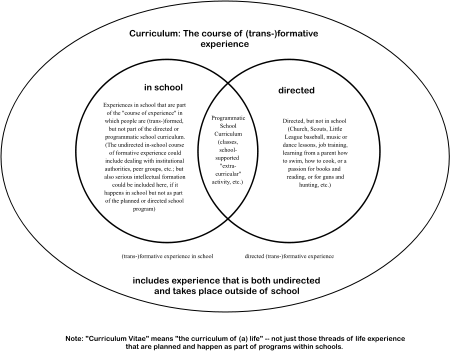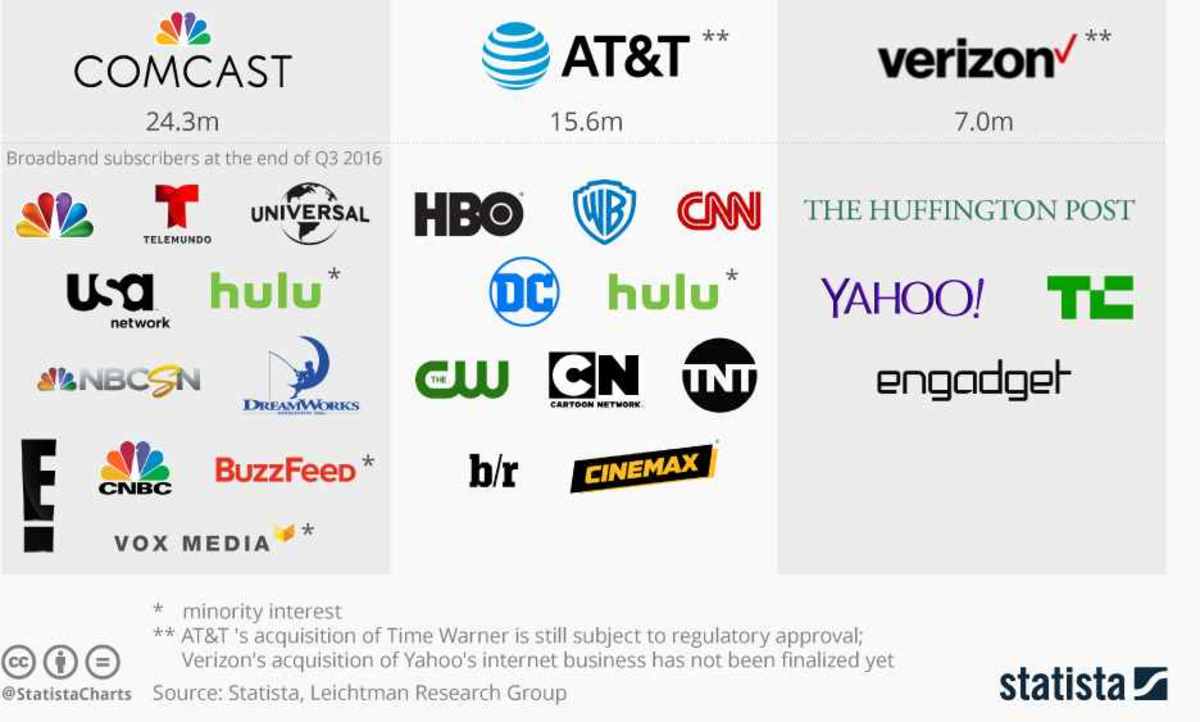Education - Solution 1 - Setting Curriculum Standards at the National Level - An Overview. [24]

Setting the Cirriculum Standards
EDUCATIONAL STANDARDS:This is probably the simplest of the reforms that actually could be instituted and it is based on the fact that educating our young is a National Security concern.
Right now there are at least 51 jurisdictions, the national government and each state, that set educational standards as to what needs to be taught. For the most part, the national government takes a back seat to the 50 state governments. In addition, there are probably hundreds if not thousands more jurisdictions that have a say, sometimes final say, on what is taught to our children when you consider elected school boards, religious institutions, and home schooling. How can you have a coherent, quality, robust educational system that meets national security needs with such a fractured educational standards mish-mash?
Therefore, this would be the first thing I would change. I would reverse the roles of the states and the federal government. In my view, it is the federal government, not individual state and local jurisdictions, which should set the minimum, mandatoryeducational cirriculum standards that ALL schools must meet. By all schools, I include home schools as well as the secular portion of religious-based schools.
The federal Department of Education would be charged with developing alternative sets of curricula, in consultation with all state Department of Educations, that will produce a well-rounded, educated student who is prepared to enter the world even if he or she does not go on to college or vocational school. I say alternative curricula because while we are changing the world here, we might as well go whole hog.
It might come as a surprise to many educators, especially those who lean more to the fundamentalist or conservative bent, that people learn different ways. (That is probably not a fair statement but if you look around you, it seems that differences are pretty well ignored in our school system.) Not everybody can learn arithmetic beyond the most basic skills. Its not that they are dumb, they are just not wired that way. It is like making a right-handed person write left-handed. The same applies to science and English and art; some people get it and some people don't. For example, I tried for years to learn how to play the piano. I practiced for hours on end. I even took three quarters of piano in college only to choke on the final. I still can't play a lick even though I really wanted to play and had more motivation than I knew what to do with.
Further, some children have particular learning disabilities that need alternative teaching methods. My 7-year old grandson has a wiring problem that interfers with his ability to integrate the letters/word he sees and sound he needs to make to say it. Phonetics are almost useless to him. We had to take him to a specialist to officially diagnose the problem as the school wanted to hold this "problem child" back from matriculating to 1st grade! Can you believe, he was going to flunk kindergarten because he couldn't sound out words!! (Of course I still haven't gotten over the fact that they are even trying to teach him how to read in Kindergarten! I think they start basic Calculus in third grade now, don't they?) Finally we got him in a "special" reading class that teaches in a different way. Oh, by the way, his IQ tested somewhere between 125 and 135; go figure. (I do need to point out that his school did have classes designed to teach kids with his and other reading problems. What they didn't have was a systematic method of finding out he had the problem in the first place. They would have rather had him flunk Kindergartin than investigate.)
What this screams for, of course, is a recognition of these facts and some proactive action to develop tests that can differentiate between learning styles and then develop curricula that takes advantage of this knowledge to maximize learning down each track. In fact, some school districts actually do this. My point is, for the health of the Nation, ALL school districts ought to do this because if they are not, America is making a conscience decision NOT to provide, and therefore benefit from, the best education possible.
This is why, in my view, these changes must be done at the national level. It is only at this level where the minimum standards can be set. Any argument about States Rights is going to fall on deaf ears because this is a National Security matter and that trumps any States Rights argument if you want to consider yourself a rational being. There is no question that if there is one thing people on the Left and people on the Right agree on is that the U.S. Constitution puts "Providing for the National Defense" squarely at the feet of the federal government. I will be interested in the comments that seek to argue that education of America's young isn't directly and/or closely tied to our National Defense.
What about the States? Surprisingly, nothing really changes for the states other than they no longer get to set the minimum educational standards. No longer will we have poorly educated students coming out of public schools in the Deep South while much better educated students come out of Sacramento. They all have to be taught to the same minimum standard. On the other hand, there is nothing stopping a state from raising the bar and requiring higher standards. What I am concerned with is that we produce young men and women educated enough to meet national security needs.
Demographic Survey # 1
Thinking about your political beliefs, do you find yourself agree more with
Demographic Survey # 2
Are You
Related Links
- K - 12 Education Is A National Security Issue
I firmly believe that the education of American youth, from Kindergarten or 1st grade through 12th grade, is a national security issue and it needs to be treated as such! The dynamics of how we should view... - Education - Solution 1a - Essay on One Aspect of the...
The No Child Left Behind Act passed in the Bush Administration and still being implemented in the Obama one is a sea change in how we approach education. The question has always been, was it the right way. I look into one aspect of the NCLB act with - Education - Solution 2 - Revamp How Education is Fun...
[Does anybody know a synonym for education that begins with an 'F' so I can have a complete alliteration? :-) ] LET me come right out and say it. How America funds education is at the root of many of the... - Education - Solution 3 - Revamp How Education is Org...
If there is to be any hope for our country vis-a-vis educating our children, then the control and responsibility of educating our future leaders in industry and government MUST be ripped out of the hands of... - Education - Solution 4 - Setting Minimum Academic S...
STANDARDS, as they relate to education have gotten a bum rap lately, at least testing to standards. But, you simply cannot get away from standards or the measurement of them if you have any hope of ensuring... - Education - Solution 5 - A More Complete Basic Fundi...
I have written several hubs now on how education of America's youth should be considered a National Security Priority. Given that stature, many changes are required to rise to that calling. In this hub, I offer my thoughts on what those changes ought - Education Problems in Public Schools
Americans now trail far behind Europe and Asia by every measure of scholastic achievementespecially in math and sciencedespite spending far more than any other country on education for our public... - Screwed up Priorities
The scores on standardized tests for reading, science in math, conducted by the Program for International Study Assessment (PISA) are in and the results are speaking for themselves. Students from 65 countries...
© 2010 Scott Belford








